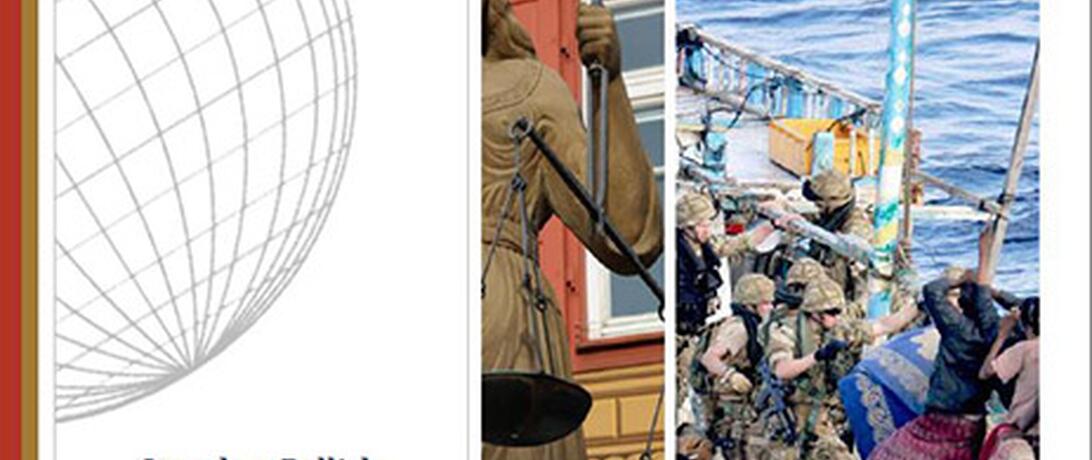
Since 2010, well over $100 million has been spent on investigating, prosecuting, and imprisoning pirates operating off the Horn of Africa.
Key Findings
These efforts have been subject to two related criticisms. First, compared to enhanced naval coordination, industry best management practices, and the use of private armed guards, threat of prosecution has been a relatively weak deterrent. Second, because of the marked decline in maritime piracy since 2012, improving the effectiveness of piracy prosecutions is no longer an urgent matter. This paper argues that shifting from a prosecutorial strategy that focuses on low-level pirates to one that targets the organizations’ leadership ameliorates both of these concerns. Not only would the proposed strategic shift be more effective on its own terms, but it would also entail benefits not limited to combatting Somalia-based piracy. The paper then looks to the jurisprudence of several international criminal tribunals to identify characteristics that could be used to differentiate low-level pirates from pirate leadership, a necessary first step to any shift in strategy. From there, the paper describes the myriad options available to those actors interested in pursuing such a strategic shift, noting that piracy’s status as the paradigmatic crime of universal jurisdiction under international law provides policymakers with an exceptional breadth of available options. Based on international law’s permissiveness in this regard, the paper concludes that whatever the structure decided upon by the relevant stakeholders, it should be developed in the service of sustained multilevel cooperation, the lack of which is the true stumbling block to the targeted investigation and prosecution of pirate leadership.
- Deterring Somali pirates through prosecution and imprisonment has been relatively ineffective.
- What success has been achieved in combatting piracy in the past decade has been mostly achieved through short-term suppression tactics, not systemic changes resulting in lasting solutions.
- One way to address these two problems is to shift the overall prosecutorial strategy away from low-level pirates toward the systematic investigation and prosecution of pirate leadership.
- The many benefits of this strategy would include
- an inherently longer term solution
- a proven effective strategy of focusing on leaders of an organized criminal network in order to dismantle it
- generating important lessons for other areas of the world, such as the Gulf of Guinea in West Africa and the Straits of Malacca in Southeast Asia, where piracy appears to be becoming more organized, and
- deterring other forms of organized crime, in which those at the top of the Somali pirate hierarchy are also engaged.
- This strategy requires a typology distinguishing pirate leaders from low-level pirates.
- This strategy could be accomplished through coordinated national efforts, any one of several mutual legal assistance regimes, an ad hoc tribunal under Chapter VII of the United Nations Charter, an international secretariat also set up pursuant to Chapter VII, or the International Criminal Court.
- Whatever the structure decided upon by the relevant stakeholders, it should be developed in the service of sustained multilevel cooperation.